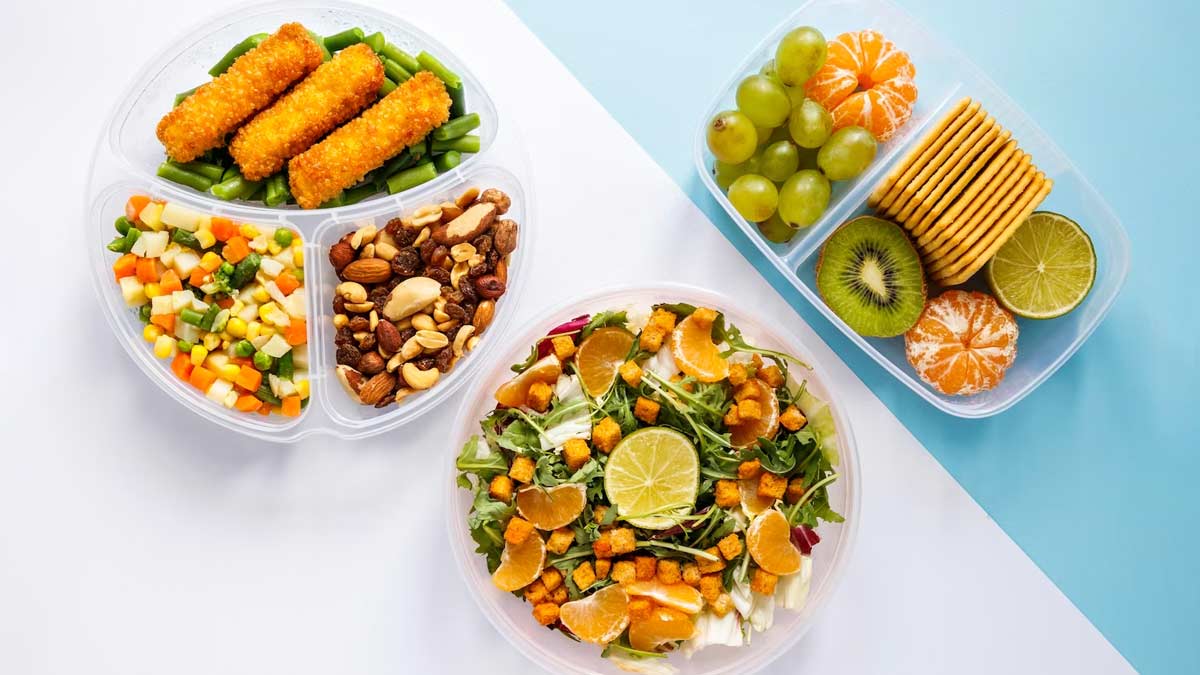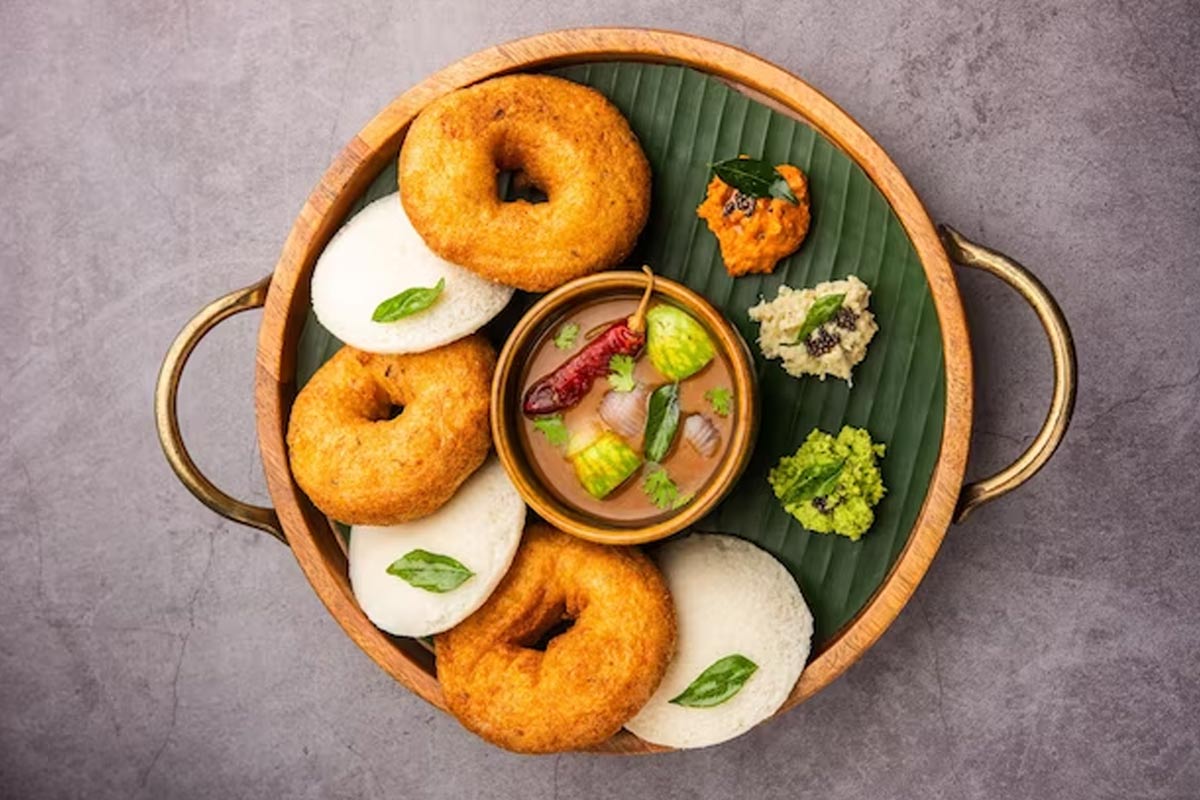
Krishna Janmashtami, the joyous celebration of Lord Krishna's birth, is here, and for many devotees, it means observing a fast to honour the occasion and/or eat satvik bhojan. Fasting during Janmashtami is a way to connect spiritually, detoxify the body, and reflect on the teachings of Lord Krishna. To make your fasting experience both nutritious and fulfilling, here are some tips on what to eat and what to avoid:
Table of Content:-
What to Eat While Janmashtami Fast
1. Fresh Fruits
Fruits are an excellent choice during fasting. Opt for seasonal fruits like bananas, apples, pomegranates, and grapes. They provide essential vitamins and natural sugars to keep your energy levels up.
2. Dairy Products
it is advised to include milk and curd in your diet if observing happy krishna janmashtami fast. Milk, yoghurt, and buttermilk are revered in Lord Krishna's traditions. They are rich in protein, calcium, and probiotics, making them a wholesome choice for fasting.
3. Nuts and Seeds
Almonds, cashews, and pumpkin seeds are great sources of energy and healthy fats. They can help you stay full and provide sustained energy throughout the day.
4. Sabudana (Tapioca) Khichdi
A popular fasting dish, sabudana khichdi is easy to digest and packed with carbohydrates. It keeps you satiated and provides energy.
Also read: Stay Hydrated With These 7 Healthy Drinks During Fast
5. Makhana (Fox Nuts)
Makhana is low in calories and a good source of fibre. Roasted makhana is a crunchy and nutritious snack for fasting. Therefore, it is also used to make homemade prasad.

What to Avoid While Janmashtami Fast
1. Grains and Cereals
As part of the fasting ritual, avoid grains and cereals like rice, wheat, and oats. These are restricted during Janmashtami fasting.
2. Onions and Garlic
Many fasting practices exclude onions and garlic, so it's best to avoid dishes containing them.
Also read: 10 Tips To Make Janmashtami Fasting Healthy
3. Non-Vegetarian Food
Fasting during Janmashtami typically involves abstaining from meat, fish, and eggs.
4. Processed Foods
Stay away from processed snacks and packaged foods as they may contain additives and preservatives.
5. Excessive Salt
While a minimal amount of rock salt (sendha namak) is permitted during fasting, it's best to use it in moderation to maintain balanced sodium levels. This would balance blood pressure during fasting.
Remember to drink plenty of water to stay hydrated, and listen to your body's signals. If you have any specific dietary restrictions or health concerns, consult with a healthcare professional or a registered dietitian for personalised guidance on fasting during Janmashtami.
Janmashtami fasting is not just about abstaining from food but also about spiritual reflection and devotion. By choosing the right foods and avoiding certain items, you can ensure a healthy and meaningful fasting experience while celebrating the birth of Lord Krishna. Wishing you a blessed and Happy Janmashtami!
Also watch this video
How we keep this article up to date:
We work with experts and keep a close eye on the latest in health and wellness. Whenever there is a new research or helpful information, we update our articles with accurate and useful advice.
Current Version